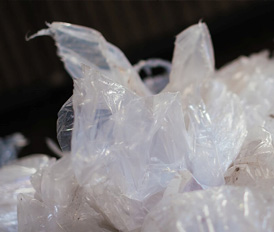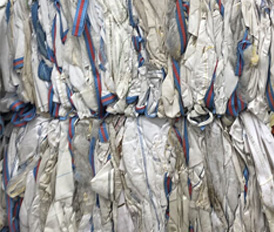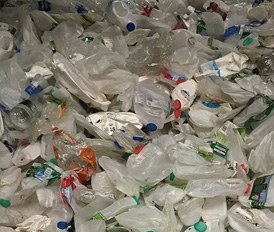Europe to Miss its 2030 Circular Economy Targets | Report Says
by George Kiernan
Pakire Polymers News
The European Environment Agency (EEA) has released a report suggesting that Europe is unlikely to meet its 2030 goals for becoming a more circular economy. Although there have been small steps forward, there’s still a huge gap between where things are now and the targets set for 2030.
Europe’s Goals for a Circular Economy
The report by the EEA, titled “Accelerating the circular economy in Europe: State and outlook 2024,” shows that Europe is moving slowly towards its 2030 goals for a circular economy. The report highlights how the Europe’s economy is still very much reliant on resource-intensive practices; European industry uses over eight billion tonnes of materials every year.
Challenges on the Way
There are many hurdles in Europe’s way, from old-fashioned economic models that are not focused on recycling, to recycling rates that are not improving, and high rates of resource use. The EEA identifies these problems and says that there needs to be a big change in the system, as much of Europe still seems to be resisting the transition away from how things have been done in the past towards more sustainable and circular economic practices. This is also why the European economy is becoming increasingly reliant on importing a number of vital resources, such as oil.
The Need for Policy and Action
Moving towards a circular economy is about more than just making small changes; it requires a big shift in both policy and the way industries operate. The EEA suggests strong and flexible policies, such as the Circular Economy Action Plan, as a way to drive this change. There are new circular economy efforts at the EU level that are starting to influence policies in individual countries, but the lack of momentum being generated continent-wide highlights the need for a unified and ambitious approach to make European circular economic transformation happen.
A Plan for a Sustainable Future
For Europe to secure a sustainable future, it needs to rethink and change its economic and consumption patterns. This means making big changes, such as reducing the amount of resources we extract from the Earth, creating products with sustainability, longevity, reusability, and recyclability in mind, and improving recycling infrastructures and capacities. The EEA’s advice for Europe to aim for a circular economy stresses the importance of innovation, sustainability standards, and new business models that focus on recycling and sustainability.
Pakire Polymers Perspective
Pakire Polymers, with its advanced recycling facilities in Bucharest, Romania, is at the forefront of the shift towards a circular economy in Europe. The company shows that it’s possible for businesses to adopt sustainable practices without losing money. Pakire is a strong supporter of better government policies and incentives to encourage recycling and circular economy efforts. The company is deeply committed to reducing its impact on the environment and believes in working together with the government to start a new chapter of sustainable economic practices.
Share article on your social media
More related articles
Work with Us
If you have a passion for recycling and for achieving a sustainable future, then we want to hear from you.





